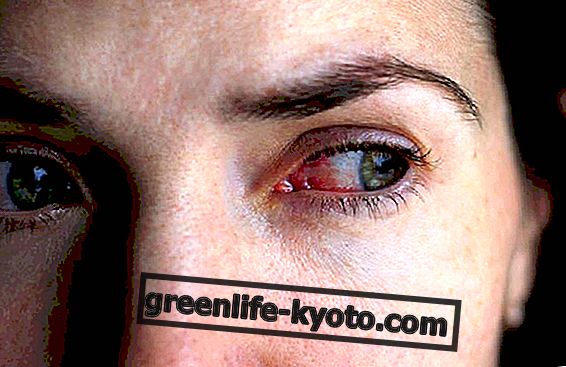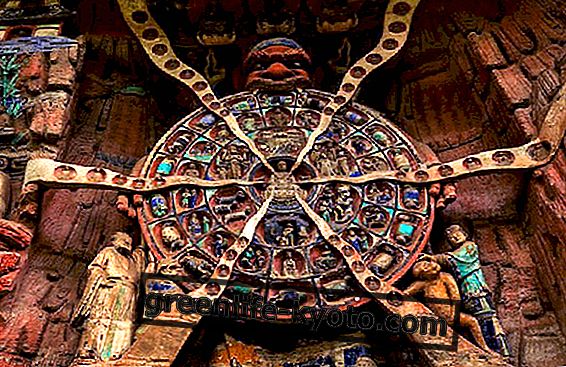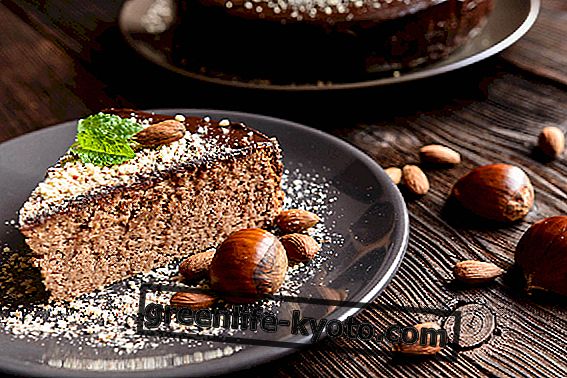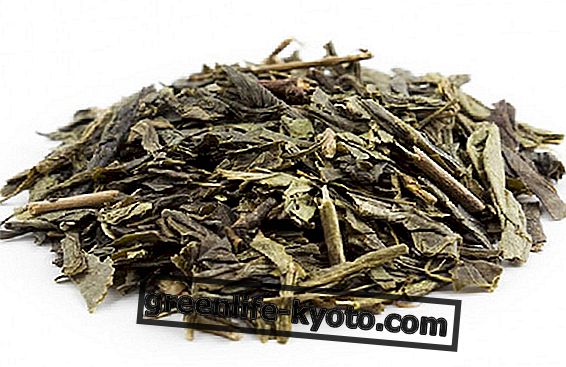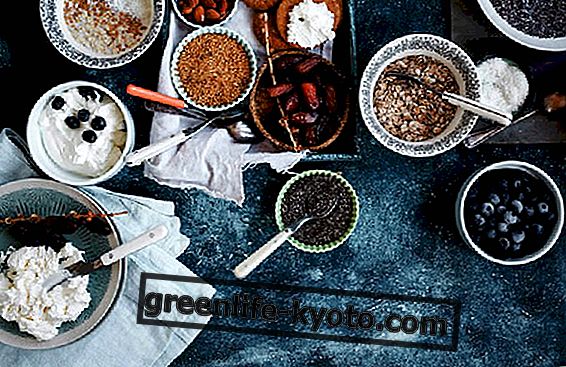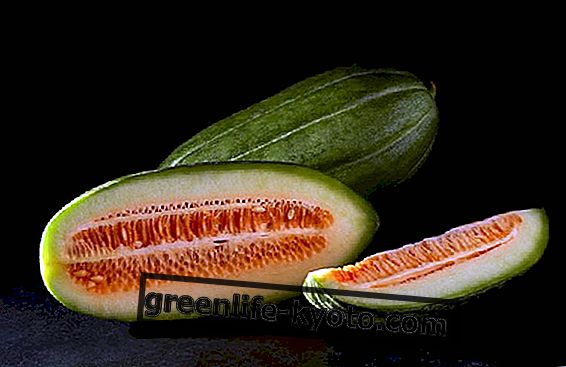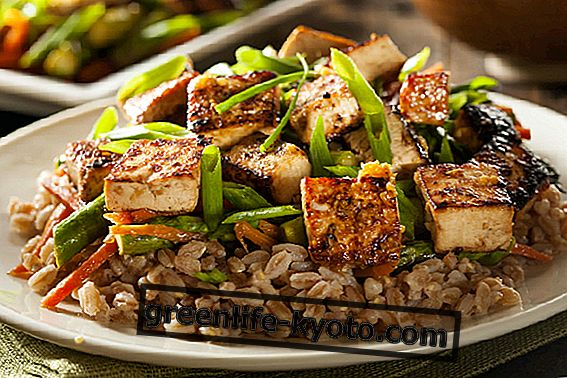
Between yoga books, one cannot fail to mention a sacred, oceanic text, comparable to our Bible, to the Divine Comedy: the Bahagavadgita . It is the ancient Sanskrit poem which, with the classical Upanisads and the Brahmasutra, constitutes the triple science of Vedanta.
Other books on yoga, its practice, benefits and theory:
- The fundamentals of yoga. A first reading of the yoga sutra by Patanjali (2000) by TKV Desikachar
On the path of union towards oneself, this fundamental text for understanding the tradition of which Yoga is a physical and spiritual expression together cannot be missing.
- I learn Yoga (1975) by André van Lysebeth
The dimension of Yoga is so rich and vast. Sometimes complex things unfold better with simple words . Reading this book is the best way to start learning about yoga from absolute beginners.
- The heart of Yoga (1997) by TKV Desikachar
Take your first steps, experiment with the first asanas, with this book here you get to the heart, in the hot womb of the practice .
- Yoga per Tutti (2016) by Meta Chaia Hirsch
From the famous and experienced Yoga teacher Meta Chaya Hirschl, a practical manual with many indispensable illustrations for students and teachers. Yoga for all provides a method to teach yoga first to themselves and then to others, drawing on their own unique inner gifts.
